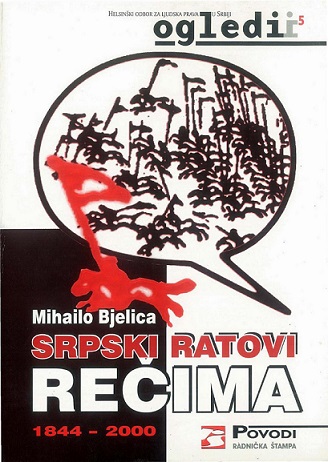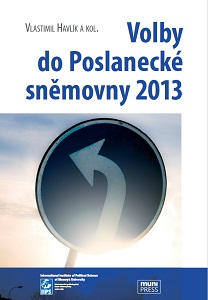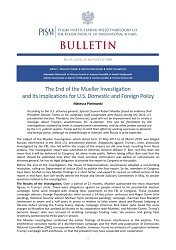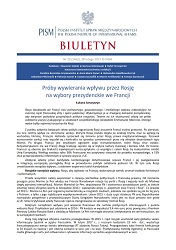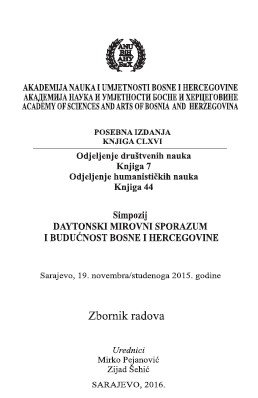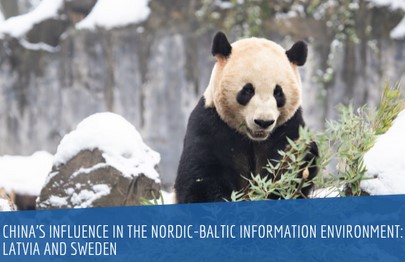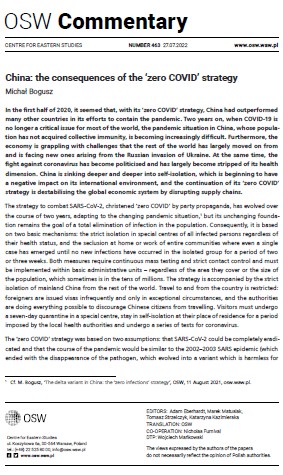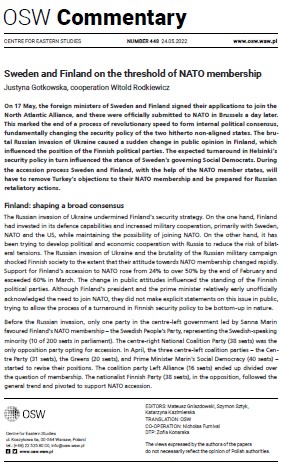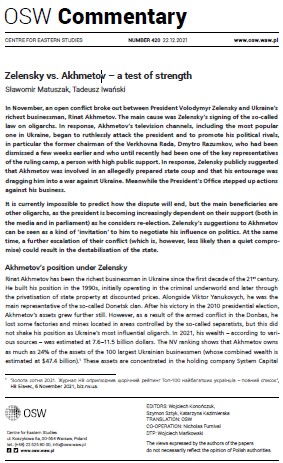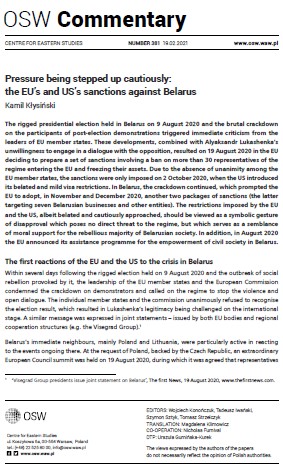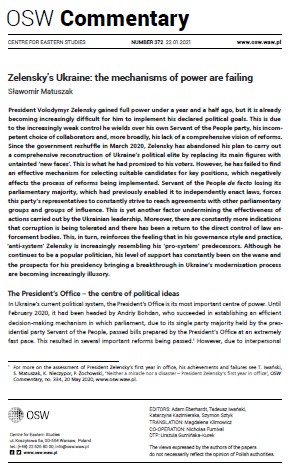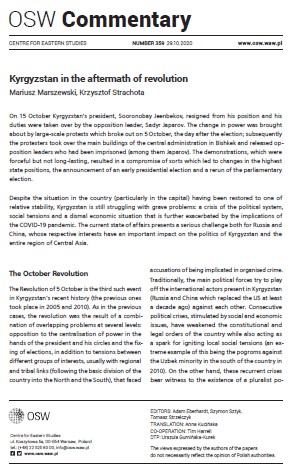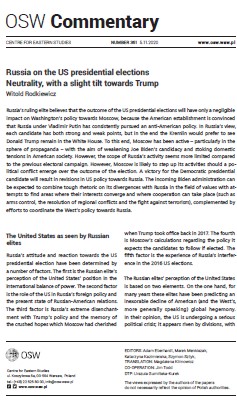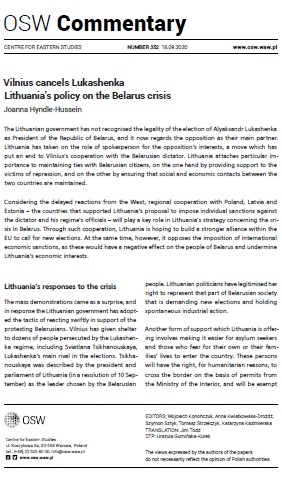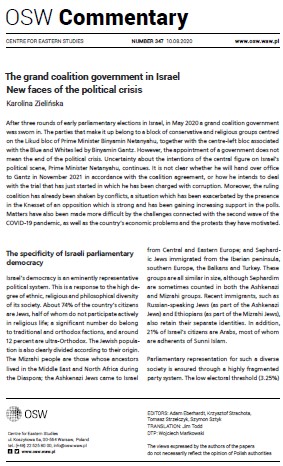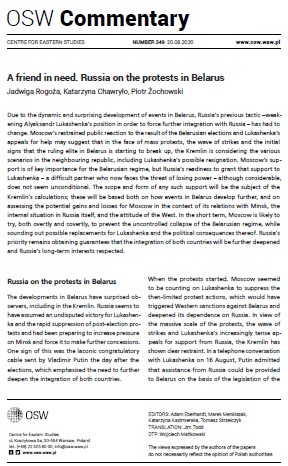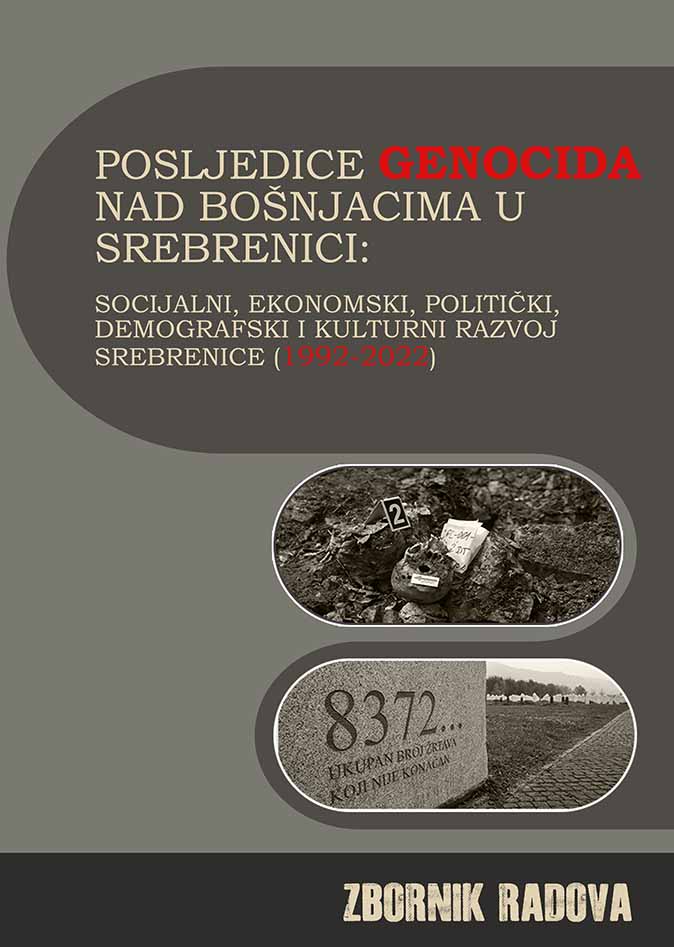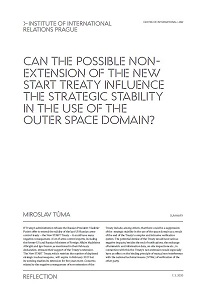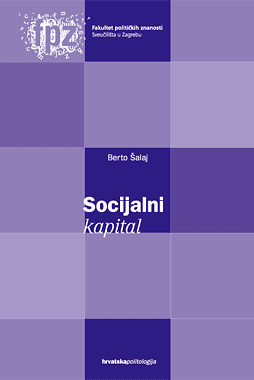
Socijalni kapital
Knjiga Socijalni kapital: Hrvatska u komparativnoj perspektivi počela je nastajati kad sam 1998. primljen na Fakultet političkih znanosti Sveučilišta u Zagrebu kao znanstveni novak. Primljen sam na projekt “Politička kultura u Hrvatskoj” i, iako sam prije toga diplomirao na studiju politologije, tek tada sam dobio priliku da se na temeljit i sustavan način upoznam s konceptom političke kulture i s političko-kulturalnim pristupom u političkoj znanosti. Temeljna ideja toga pristupa može se sažeti u slijedećoj rečenici: demokracija ne može funkcionirati bez demokrata. Politička povijest, ali i suvremena politološka istraživanja, pokazuju nam da za stabilno i učinkovito funkcioniranje demokracije nije dovoljno uspostaviti demokratske institucije i institute, nego su potrebni i građani koji su internalizirali demokratske vrijednosti i obrasce ponašanja. Uvažavajući te uvide, u radu na projektu usredotočio sam se na procese kojima se politička kultura razvija, odnosno na procese političke socijalizacije, a unutar toga posebno na procese koji mogu potaknuti razvoj poželjnoga, demokratskog tipa političke kulture. Riječ je, dakle, o političkom obrazovanju, pa je i moja magistarska radnja tematizirala procese političkog obrazovanja u školama. Nakon toga moglo se očekivati da se i u doktorskoj disertaciji bavim tim temama.
More...
